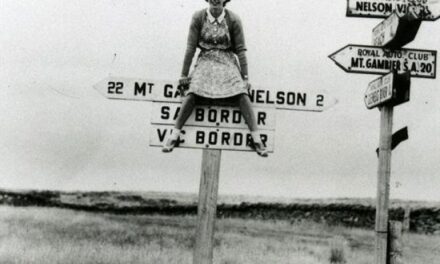We all know that Daylesford and Hepburn Springs are in one of the most bushfire vulnerable regions in Victoria.
Local CFA members have drawn attention to the state of the gullies which would carry fire into our townships – they are overgrown with blackberry, gorse and other woody weeds which increase the fuel load and make access for firefighters very difficult.
Planned burns and chemical spraying are common ways of addressing the fuel load problem but they have their own risks and negative consequences for both people and native animals and plants. Nearer to the township, DELWP Forest Fire Management has undertaken mechanical forest mulching in a number of areas recently including along Ridge Road, Blind Creek and Cornish Hill.
But there is another low-risk, highly-efficient solution. Enter the goats!
Goathand, a local goat-herding cooperative, has been working with a combination of manual weed destruction and Boer goat grazing and stomping to reduce fuel loads and dominant weed species and to renew indigenous biota in the steep gullies. No pesticides, just a little elbow grease and the cast-iron stomachs of the goats which not only recycle the weeds but also reduce the viability of their seeds so they are less likely to grow back.
According to Goathand, “The goats are light on the earth and they favour introduced species such as holly, blackberry, gorse, hawthorn and broom.” Solar-charged electric fencing is used to protect sensitive native species.

The Daylesford Depot before (left) and after goats.
Last year a study for the Council by Federation University compared the effectiveness of goats, chemical control and hand-weeding. Goathand’s eight goats were used to clear broom at the Daylesford Depot. In twenty-eight days, they cleared an acre at a cost of $5000 which included the manual removal of woody residue.
As a result, the study concluded “Goats should be considered for weed removal on steep slopes as part of fire mitigation projects and prior to revegetation projects.”
Recently Goathand ran a very successful Chuffed campaign to raise funds to increase the size of their herd and buy a trailer to transport them. There are now three new nanny goats and in the first week of their joining the herd one delivered four kids! Since goats have two teats and generally two offspring at a time, this was a remarkable feat by a remarkable nanny!

The remarkable nanny with two of her kids
For updates about the Goathand Co-op go to goathand.blogspot.com





